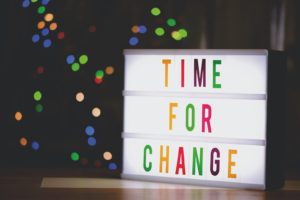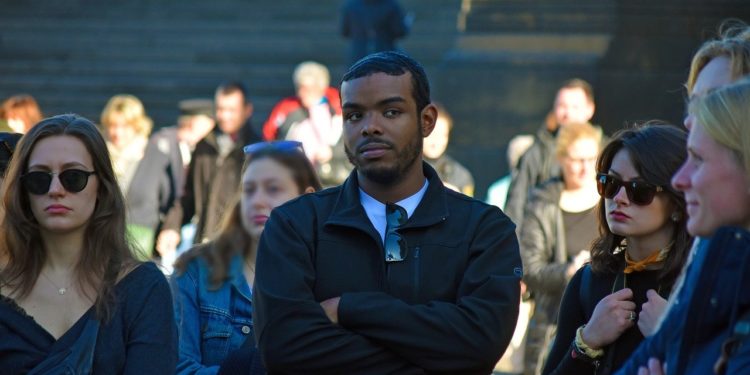Last week, our Associate Phil Cox ran our first Career Experts session of the year about how to get over the ‘doom and gloom’ many of us are experiencing as a result of the pandemic and the burdens imposed on our personal and professional lives. In addition to offering practical tips on how to banish the blues, Phil posed (and answered) the question: why are we – Voice At The Table – talking about resilience? It isn’t, strictly speaking, a D&I topic!
This point gave me pause as I take it for granted that everything we offer – however far-removed from the Diversity agenda it appears to be – builds the necessary foundation for embracing Diversity. After all, being open to diverse views and opinions is about being more emotionally intelligent, i.e. having greater self- and social awareness, managing our feelings, understanding why we react to certain things in certain ways and testing our own thoughts and actions. We engage in a similar process when we aim to mitigate our own biases.
Phil’s session on resilience, therefore, helps us understand our common pitfall thinking and how it influences our mood and behaviour.

Phil made another connection to D&I, about our readiness to embrace new things and learn new habits.
It’s a long journey from intending to be more open to Diversity to being more open to Diversity. Things get in the way. Maslow’s Hierarchy of Needs – as Phil explained in his session – tells us that we can begin to embrace new things and develop new habits only once our more immediate needs have been met (the very basic ones being food, shelter and psychological safety). A person who is feeling unhappy is going to be less inclined to open their mind to new things, to experiment with new habits and be generally more open to learning and development. Even if we have already started the journey, when we’re tired, sad or stressed, we’re prone to falling into old habits, reacting to things more emotionally rather than rationally, and overall we’re less prepared to see the positive. These negative reactions are the adversary of the open mindedness we need in order to become more welcoming of Diversity. To help us become more open-minded again, Phil explained the importance of conquering our doom and gloom (something most of us have the power to do ourselves), outlined the most common unhelpful inner dialogue and shared his tips on how to address it.

So whether we’re interested in becoming more emotionally intelligent or we want to be in the best mental shape to embrace new habits (whatever they may be) – or whether we simply want to feel happier – getting rid of unhelpful thoughts should be at the top of our list.
If you liked this blog, you may also like Five Ways to Banish the Winter Blues


